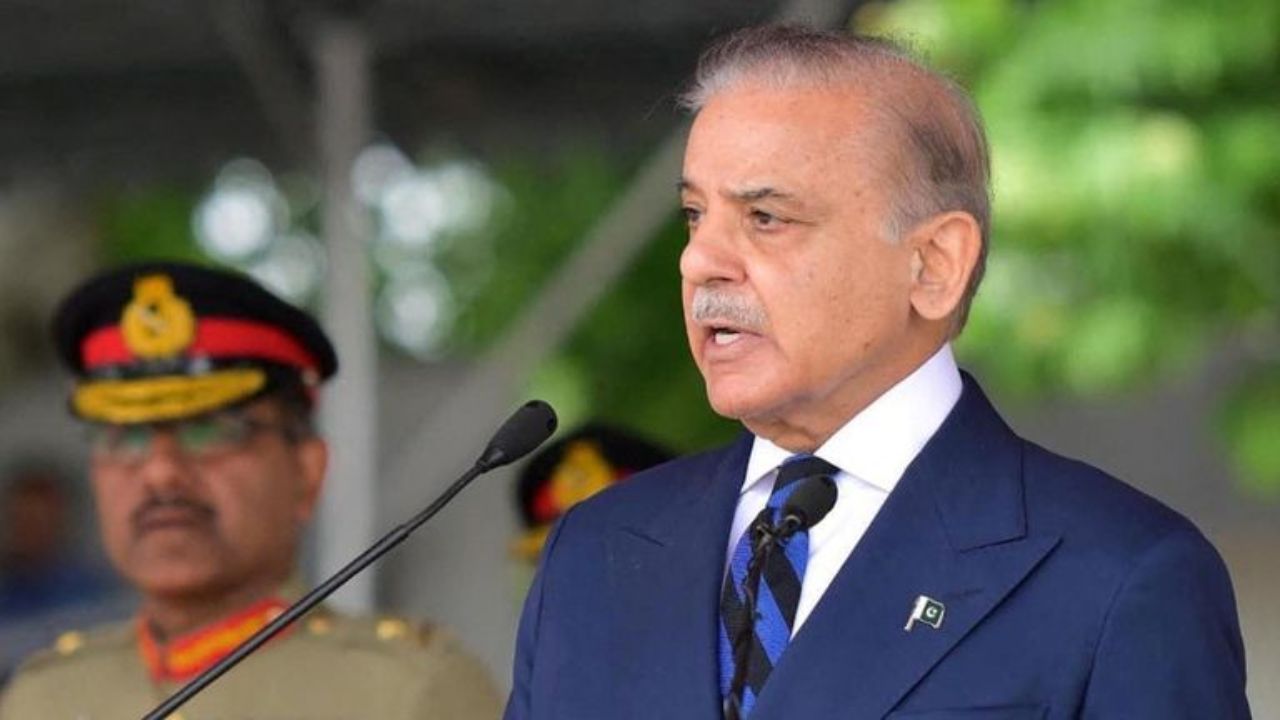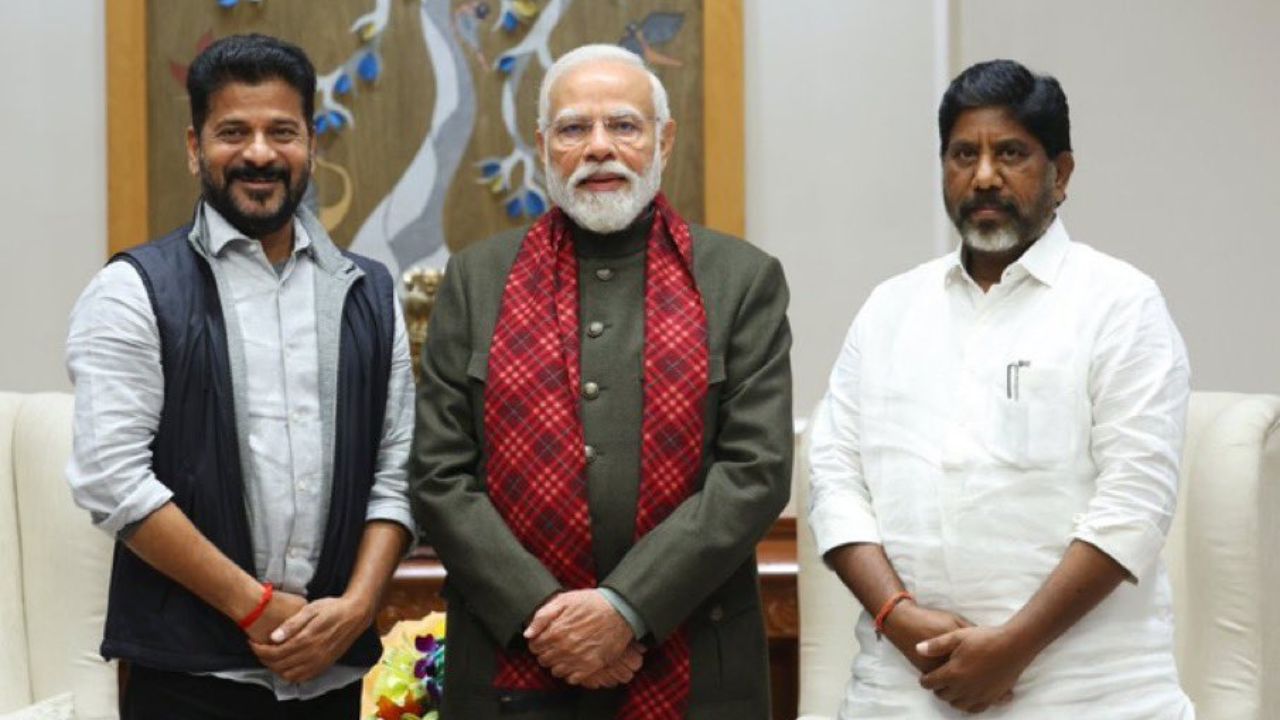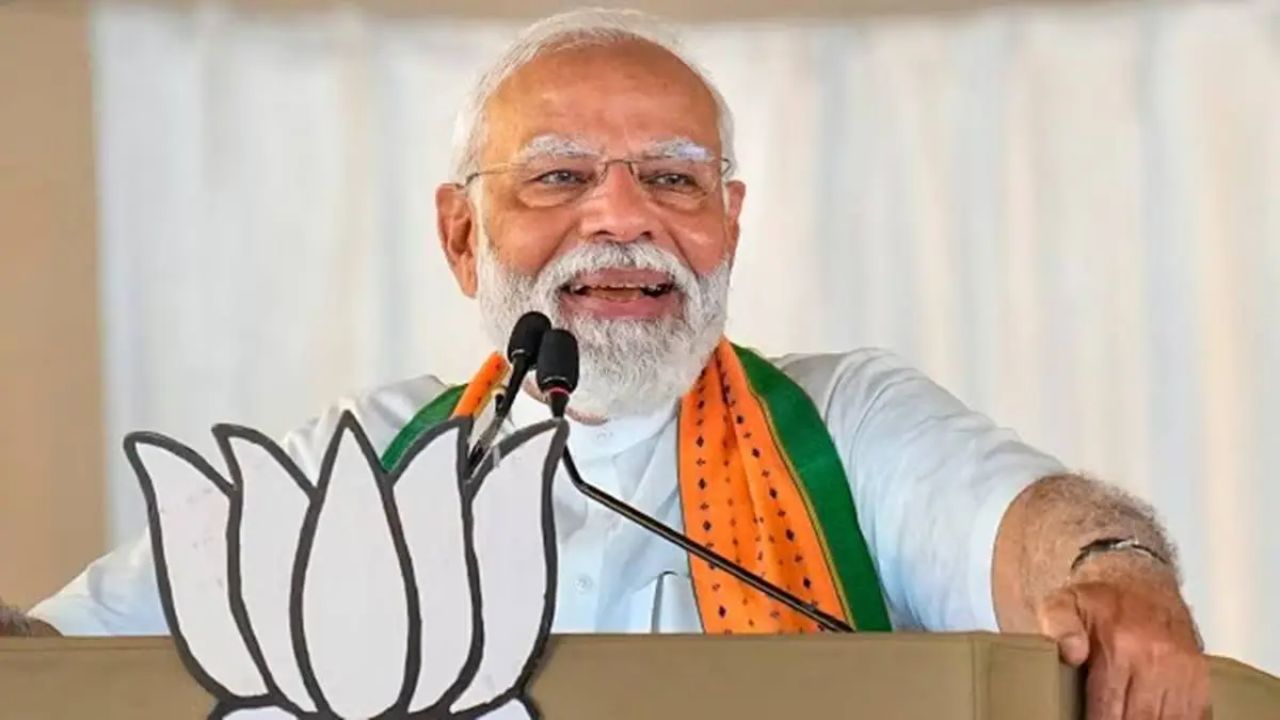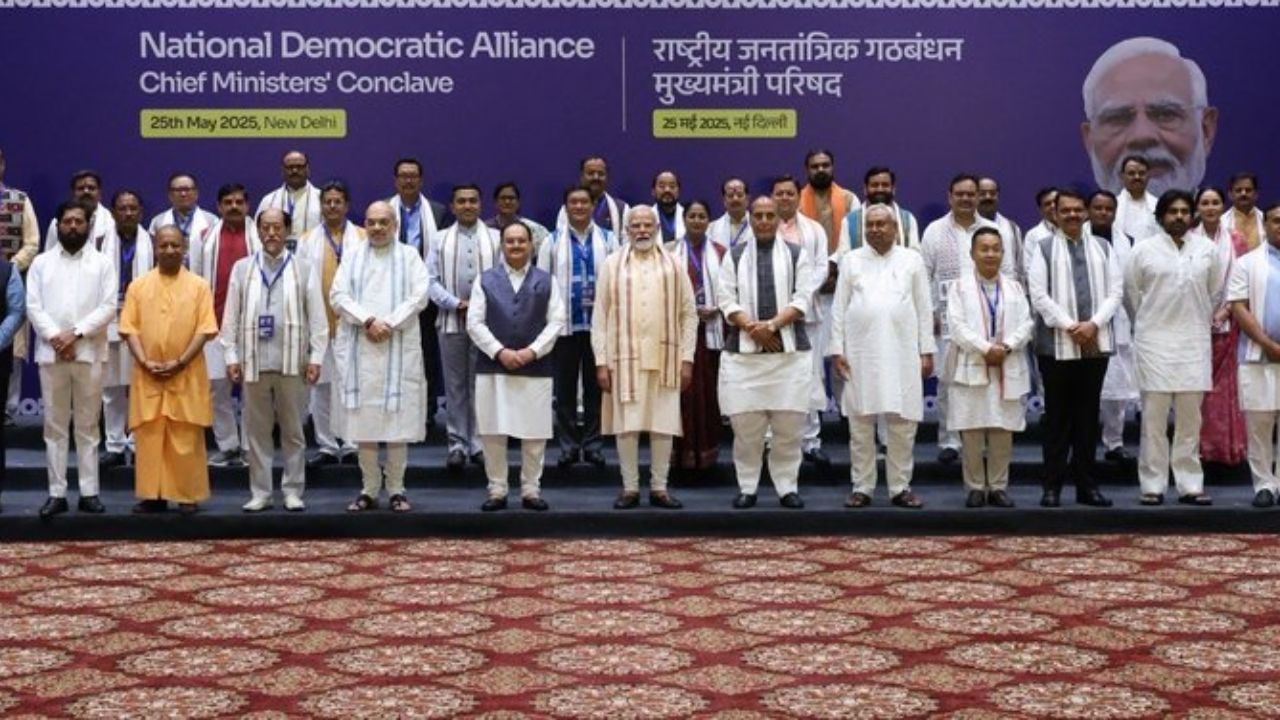What the RSS Annual Meeting Revealed: Aurangzeb Dispute, BJP’s Next Move, and Key Agendas
Key Highlights from the RSS Annual Meeting: Delimitation, Language Policy, and BJP Leadership The three-day Akhil Bharatiya Pratinidhi Sabha (ABPS) of the RSS, which concluded in Bengaluru on Sunday, maintained a cautious stance on direct political
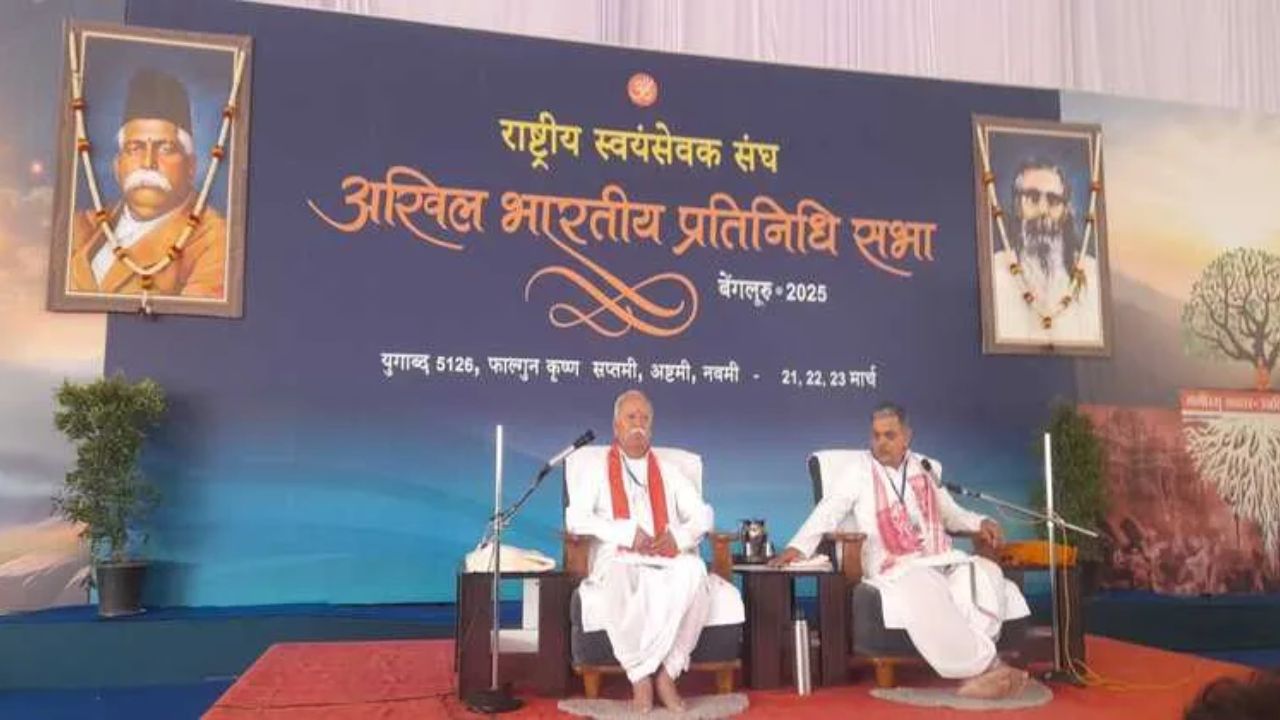
Key Highlights from the RSS Annual Meeting: Delimitation, Language Policy, and BJP Leadership
The three-day Akhil Bharatiya Pratinidhi Sabha (ABPS) of the RSS, which concluded in Bengaluru on Sunday, maintained a cautious stance on direct political matters, steering clear of openly addressing BJP-related questions. The organization took a balanced approach to delimitation and the three-language formula, while subtly countering the M K Stalin-led DMK, which has been at odds with the Centre on these issues.
As the RSS’s highest decision-making body, the ABPS sets the organization’s ideological and strategic direction for the coming year. Its discussions and resolutions often signal key priorities to the government.
Aurangzeb Controversy and Dara Shikoh Recognition
While the RSS largely avoided political debates, it took a critical stance on Mughal emperor Aurangzeb and celebrated his brother Dara Shikoh instead. The Sangh also passed a resolution supporting Hindus in Bangladesh. Marking its centenary, the RSS chose to highlight its achievements as societal successes rather than organizational milestones.
Delimitation and Language Policy: A Strategic Stand
At a time when the BJP-led Centre and Tamil Nadu government are locked in a dispute over the three-language formula, the RSS carefully navigated the debate, advocating for:
- Mother tongue
- Regional language of residence
- Career language, which could be English or any other language
In a veiled critique of the DMK, the RSS voiced concerns about forces attempting to divide India along North-South lines, particularly on issues like delimitation and language policy.
On the delimitation issue, RSS leader C R Mukunda reiterated that Union Home Minister Amit Shah had clarified it would be done on a “pro-rata basis”, ensuring existing seat proportions remain intact. RSS general secretary Dattatreya Hosabale dismissed the matter, stating that there was no formal legislation on it yet.
Support for Hindus in Bangladesh
During the second day of the meeting, the RSS passed a resolution expressing concern over atrocities against Hindus in Bangladesh. It also referred to international forces and the “deep state” in America, suggesting external interference in the region. The Sangh emphasized India’s shared historical and cultural ties with its neighbors, warning against attempts to foment distrust.
Silence on BJP’s Next President
When questioned about a possible rift between the BJP and RSS over BJP president J P Nadda’s comments and delays in organizational elections, RSS leaders downplayed any differences. Mukunda stated that the RSS operates across over 32 independent organizations, each with its decision-making process, and there was no formal coordination with the BJP over leadership selection. Hosabale echoed this sentiment, reiterating that the RSS and BJP collaborate for national interests but do not interfere in each other’s affairs.
“Invader Mindset” and the Aurangzeb Debate
On the ongoing Aurangzeb controversy, Hosabale asserted that the Mughal ruler stood against Bharat’s ethos, warning that the “invader mindset” still posed a threat.
“If someone seeks inspiration from an invader who aimed to destroy India’s cultural heritage, it must be countered,” Hosabale emphasized.
This comes amid growing demands from right-wing activists to demolish Aurangzeb’s tomb in Maharashtra, fueled by the film ‘Chhava’, which portrays his atrocities.
Opposition to Religion-Based Reservations
Addressing the Karnataka Congress government’s decision to introduce a 4% quota for Muslims in government contracts, Hosabale reaffirmed the RSS stance against religion-based reservations.
“Religion-based reservation is not permitted under the Constitution authored by Babasaheb Ambedkar. Past attempts in Maharashtra and Andhra Pradesh were struck down by courts,” he stated.
Conclusion
The RSS avoided direct political confrontations in its annual meeting but subtly reinforced its ideological positions on key national issues. From delimitation and language policies to Aurangzeb’s legacy and Hindu interests in Bangladesh, the Sangh’s statements signaled its priorities for the coming year, while ensuring its influence on policy decisions remains intact.


